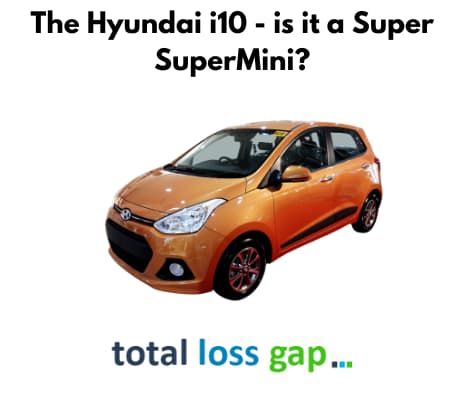Customer Service Lines Open Mon-Fri 9am-6pm



[ Contact Us ]
Need Help? Calling from a mobile please call 0151 647 7556
0800 195 4926Do you have a question? or need help?
Customer Service Lines Open Mon-Fri 9am-6pm, Closed Saturday & Sunday
The Hyundai i20 is one of the most popular superminis on the market presently. Since 2008, it has been built by the Korean manufacturer. There have been two distinct generations of the i20 on sale, both of which have shown to be top competitors in the supermini category. The vehicle is recognised for providing some excellent add-ons and standard specifications, meaning it has been able to attract a lot of attention from drivers.
In our review of the vehicle today, we are looking at the specifications of the car, engine ranges to come along with it, and what vehicles provide it with the best competition.

With eight options in total for the i20, all of which provide some fantastic value for money when it comes to extra features, there are a variety of options available. These include a 1.4 litre petrol engine, a 1.2 litre diesel engine, and a larger 1.4 litre petrol engine – all of which have been designed to provide drivers with high levels of performance and follow on from the first generation of Hyundai i20s.
There are some available options for the SE, including a trip computer, emergency braking aid, and six airbags. Bluetooth connection, parking sensors,, and sixteen-inch alloy wheels are also included in more costly trims. A seven-inch touchscreen sat nav system, digital radio with DAB support, a chrome front grille,, and heated seats are among the more expensive options that are all available on the vehicle.
A modern take on a classic design?
This is an area where Hyundai has always provided its customers with some top class technology, and the i20 is no exception to this. Like other vehicles in their stable, it has been given an up-to-date interpretation of older designs, while still maintaining a user-friendly and intuitive layout. The car's design is modern, clean, and sharp, meaning it should be able to draw in potential buyers from a wide variety of demographics.
The 1.2 litre diesel engine should provide you with over 60 miles per gallon on the open road, which will cut down your fuel costs significantly. It will also mean that you do not have a large reduction in power, as the engine is designed to provide drivers with a lot of torque from low speeds – ensuring you can take on any inclines and hills with ease. The 1.2 litre petrol engine works similarly but has been built to include several what are termed 'Eco' technologies. This provides drivers with an 18% reduction in carbon dioxide emissions, so you will be able to keep on the right side of the law at all times.
The Fiat Punto is widely considered to be one of the vehicles that offer Hyundai's i20 the most competition. Both of these vehicles have been built since 2008, and have a similar style when it comes to the interior. Since then, Fiat has given the Punto a facelift, bringing with it some impressive add-ons that help increase its usability when compared to the i20.
Another competitor for this vehicle is Volkswagen's Polo model, which has received a very positive reception since its launch. A facelift in 2014 gave the Polo some great new features, making this vehicle another possible choice for customers. Other vehicles that may be considered include the Kia Rio and Nissan Pulsar, both of which are available with similar specifications to those included in our review model.
The Hyundai i20 is a fantastic car that should be considered by anyone who wants to purchase a compact hatchback. It provides drivers with some great features and add-ons, so you can guarantee there will be no hidden surprises when it comes to the overall price of the vehicle. The 1.2 litre diesel engine will provide you with over 60 miles per gallon of fuel, while the interior continues to impress with its sharp design.
A big thumbs up from us!